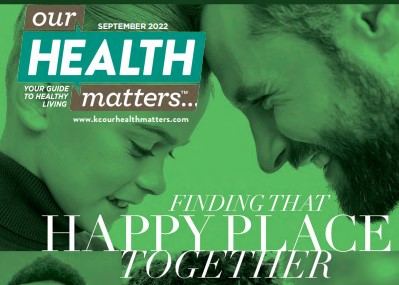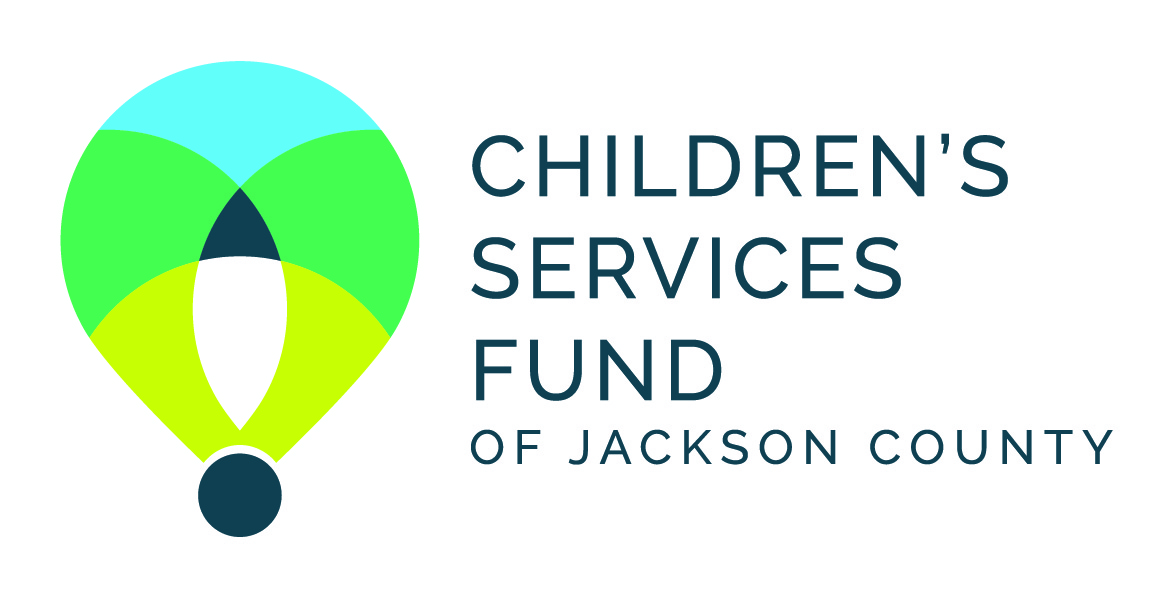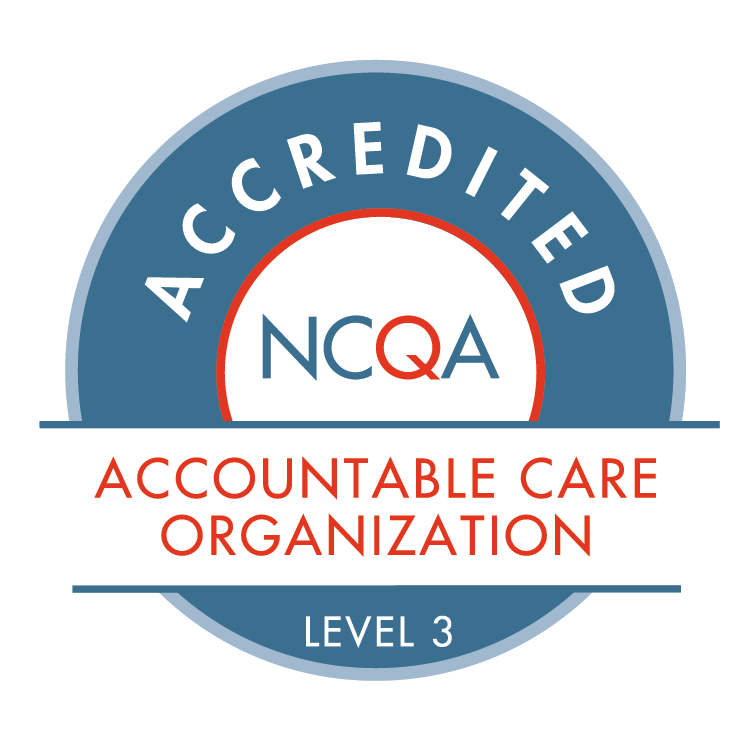Addressing mental health stigma with RESPECT
We all want to be treated with dignity, including those who have ongoing mental health issues.
This truth led Joel Slack, mental health advocate, to found the RESPECT Institute, which trains individuals with mental health illnesses to share their personal stories of recovery with public audiences. The goal is to foster a better public understanding and remove stigma of mental health challenges, including substance use.

RESPECT Institute speakers provide inspiration and hope. They knock down the stigma behind mental illness with each group they present to.
“These speakers are willing to share their stories to help others who may encounter similar obstacles,” said Mark Miller, Executive Vice President of Behavioral Health at Swope Health. “Swope Health is proud to support the RESPECT Institute.”
Ruthe has been an associate with Swope Health for more than 30 years. She has been featured in various magazines (including the September issue of Our Health Matters) and been on numerous panels. What she does the best is make care visible.
RESPECT speakers are available to present to large and small groups — high school classrooms, civic organizations, church groups, hospital groups, auxiliaries, law enforcement and emergency personnel, mental health professionals and advocacy groups. If you would like to become a speaker or have a speaker to come to your organization to share their story, please contact Ruthe Workcuff at RWorkcuff@swopehealth.org or 816-599-5291.
An example of a RESPECT speaker and her story:
Ms. Adrian grew up in poverty in Chicago, Illinois. She had an alcoholic mother and a heroin addict father. It was so bad she ran away from home when she was 13 years old. Being out on the streets led her to trouble with the law and going to prison several times. Adrian didn’t realize that she had a mental health issue. At her last prison stay in Iowa, she got help with anger management and learned tips on re-entering the population. She got tired of going in and out of prison. Adrian learned that she could not mix street drugs with her mental health prescriptions, and that she needs to stay on her mental health meds. She has now been clean and sober for 22 years. She is planning to leave Kansas City to go to Texas where she has a son in prison. Adrian plans to volunteer at the Salvation Army to work with homeless women and share her story to help others.




 Swope Health is proud to announce that William Chaney, a Peer Specialist at the Imani House, is one of the 2022 winners. He received his award at a celebration May 2 in Jefferson City, MO.
Swope Health is proud to announce that William Chaney, a Peer Specialist at the Imani House, is one of the 2022 winners. He received his award at a celebration May 2 in Jefferson City, MO.




 Show Me Hope is a Crisis Counseling Program offered through the Missouri Department of Mental Health with support from the Federal Emergency Management Agency. Additional resources:
Show Me Hope is a Crisis Counseling Program offered through the Missouri Department of Mental Health with support from the Federal Emergency Management Agency. Additional resources:
 One technique is QPR – for Question, Persuade and Refer. The
One technique is QPR – for Question, Persuade and Refer. The  A second program at Swope Health introduced caregivers to Kevin Hines, who attempted suicide in 2000 by jumping from the Golden Gate Bridge. Remarkably, he survived, and his story gained widespread media coverage, including stories on ABC,
A second program at Swope Health introduced caregivers to Kevin Hines, who attempted suicide in 2000 by jumping from the Golden Gate Bridge. Remarkably, he survived, and his story gained widespread media coverage, including stories on ABC,  Why care? is part of the National Alliance on Mental Illness campaign to encourage support for the one in five adults who experience mental illness each year.
Why care? is part of the National Alliance on Mental Illness campaign to encourage support for the one in five adults who experience mental illness each year.
 Does it happen here? Yes. Based on his surveys of area students, Russ said 26 percent are engaged in activities online that make them vulnerable to predators. Additionally, 75 percent of students surveyed have seen pornography, including some as young as age 8. Pornography is presented as “training” to vulnerable kids, he said.
Does it happen here? Yes. Based on his surveys of area students, Russ said 26 percent are engaged in activities online that make them vulnerable to predators. Additionally, 75 percent of students surveyed have seen pornography, including some as young as age 8. Pornography is presented as “training” to vulnerable kids, he said. What can I do? If you suspect a child is being abused, please take action:
What can I do? If you suspect a child is being abused, please take action:






